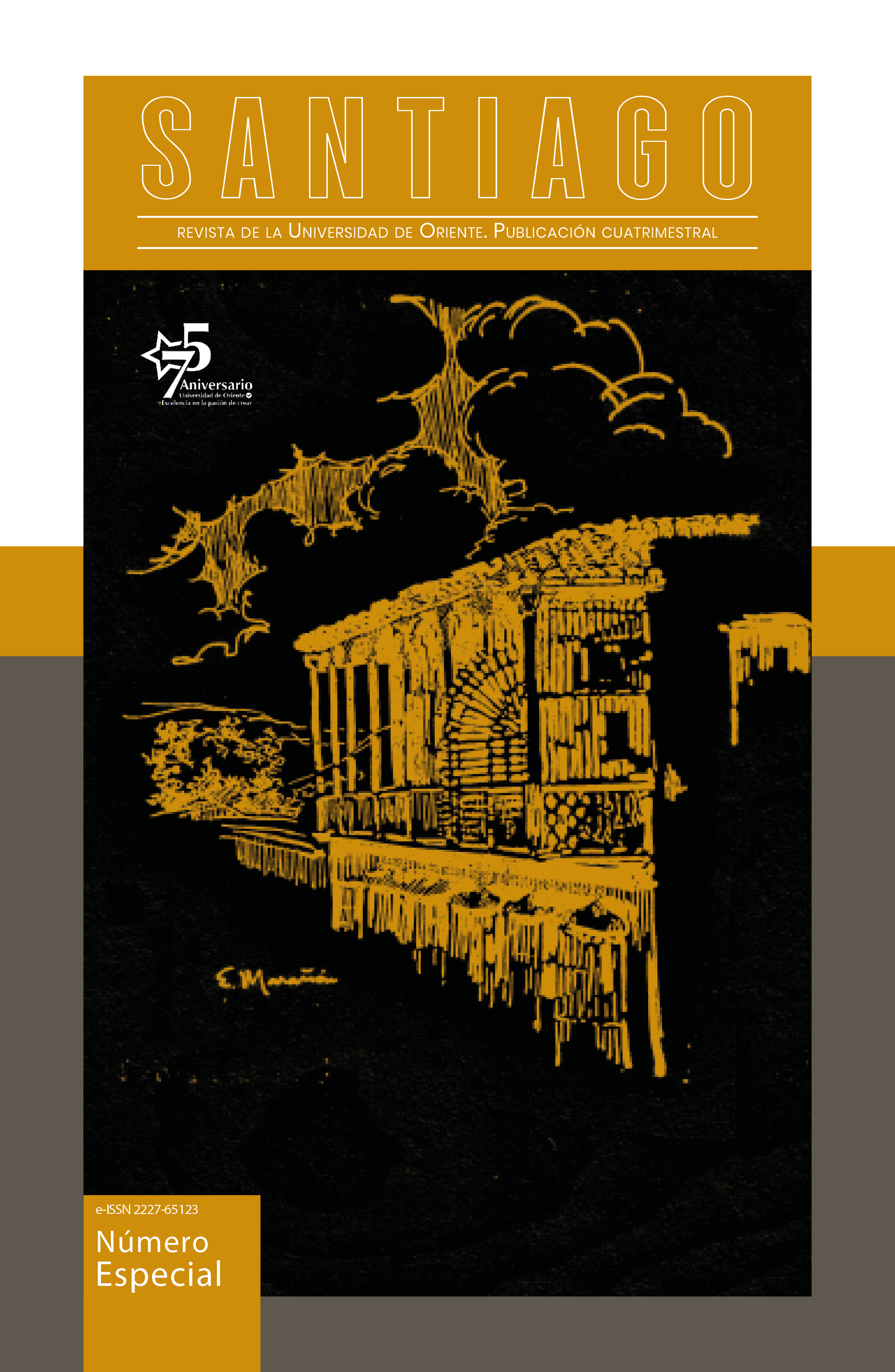Mediation in free legal assistance: a possibility to improve the ecuadorian legal system
Keywords:
Conflict, Conciliation, Mediation, Free JusticeAbstract
The transition towards a new culture for the management of conflicts and justice requires adopting decisions conducive to overcoming the traditional conceptions of litigation, installing the issue in the practice of the new social paradigms. This proposal is based on an approach on the need to incorporate the mediation service as an alternative method for conflict resolution to free legal assistance. It is a study that explains the possibility that people who require it have the means to exercise in mediation practices or facilitators for intrajudicial or extrajudicial conciliation in conflicts that the law admits as susceptible to solution through alternative methods. A review of the regulations that support this article is made and the arguments that support it are exposed. The work is based on a materialized fact and verifiable existence that fulfill the double function of giving free legal assistance to people who request it.
References
Alvarez, G., Highton, E., & Jassan, E. (1996). Mediación y justicia. Editorial Palma.
Abogacía Española (2016). Informe del observatorio de justicia gratuita. Estadística completa 2012-2016, la ley, pp. 181-183.
Archambault, J.D. (1990). Les méandres juridiques de l’accès à une justice ‘alternative’ dans les pays en voie de développement. Windsor Yearbook of Access to Justice.
Armas, H. (2002). Proyección social del derecho. Ediciones CDL Oñate.
Aler, L. (1988). Lenguaje popular. Ediciones del Centro de Capacitación en Educación Popular.
Asocliva. (1993). Directorio de servicios, unidades de apoyo, asesorías, centros clínicos y corresponsalías. Asocliva Ediciones.
Bates, L. (1992). Acceso a la justicia y las personas de escasos recursos. Cuaderno de Análisis Jurídico, 22 (2), 155-206.
Begala, S. (2000). Pobreza, marginalidad jurídica y acceso a la justicia: condicionamientos objetivos y subjetivos. Centro de Investigaciones Jurídicas y Sociales.
Banacloche, J. & Cubillo, I.J. (2014). Aspectos fundamentales de derecho procesal civil. Centro de Investigaciones Jurídicas y Sociales.
Boueiri, S. (2003). Aproximación socio-jurídica del acceso a la justicia. CENIPEC, 22, 221-252.
European Commission for the Efficiency of Justice. (2010). Evaluation report of european judicial systems. Efficiency and Quality of Justice.
European Commission for the Efficiency of Justice. (2014). Report on «european judicial. Efficiency and Quality of Justice.
European Commission for the Efficiency of Justice. (2016). European judicial systems. Efficiency and Quality of Justice.
Gomez, J.L. & Montero, J. (2017). Derecho jurisdiccional. Tirant lo Blanch.
Highton, E., Alvarez, G. (1995). Mediación para resolver conflictos. Ad Hoc SRL Press.
Ilsa, L. (2006). Acceso a la justicia: entre el derecho formal y el alternativo. Ediciones Bogotá.
Iglesias, C. (2009). Los procesos sobre capacidad de las personas. Tirant lo Blanch.
Juan, R. (2016). El derecho a la asistencia jurídica gratuita. Thomson Reuters-Aranzadi.
Juan-Sánchez, R. (2013). Legislación procesal y comunidades autónomas. Tirant lo Blanch.
Lorenzo, J.V. (2012). La asistencia jurídica gratuita en el procedimiento administrativo. Revista Andaluza de Administración Pública, 82, 119-160.
Llopis-Nadal, P. (2016). La asistencia jurídica gratuita en el ordenamiento de la unión europea: un derecho fundamental reconocido por el artículo 47 de la carta. Ad Hoc SRL Press.
López, M. (2013). Asistencia jurídica gratuita para accidentados. Cuaderno Jurídico, 42, 13-14.
Plancha, A. (2014). Las acciones colectivas en el ordenamiento jurídico español. Un estudio comparado. Tirant lo Blanch.
Downloads
Published
Issue
Section
License
Copyright (c) 2022 Patricio Jaime Vargas-Rodríguez, José Jesús Albert-Márquez

This work is licensed under a Creative Commons Attribution-NonCommercial-NoDerivatives 4.0 International License.
CC Reconocimiento-NoComercial-SinObrasDerivadas 4.0


.jpg)

_de_logo.jpg)












